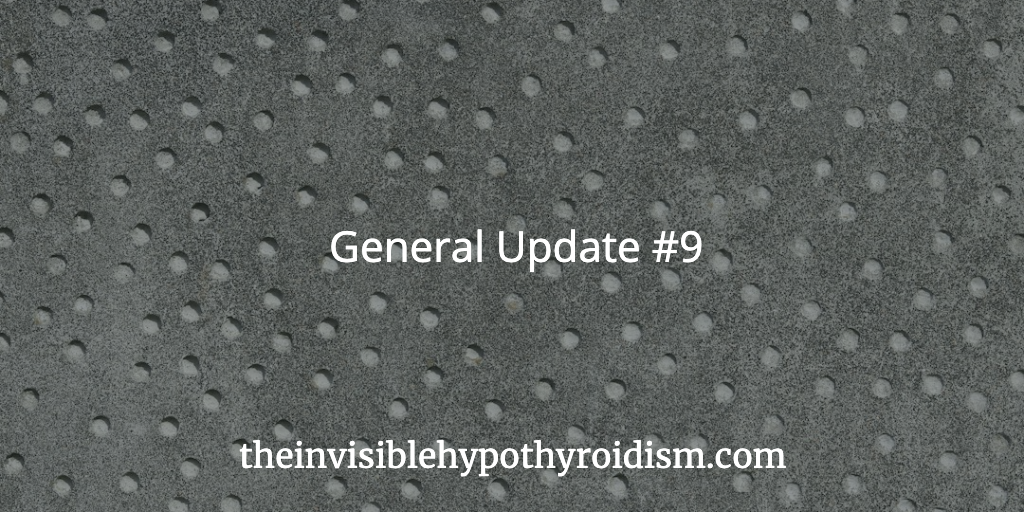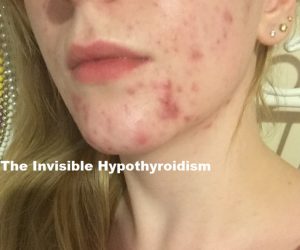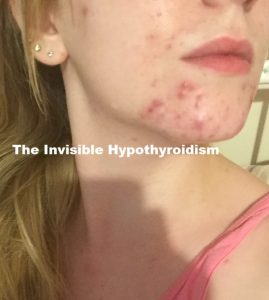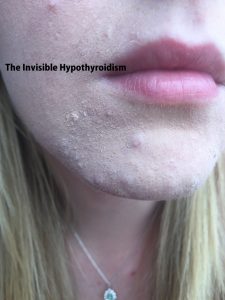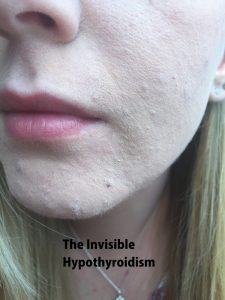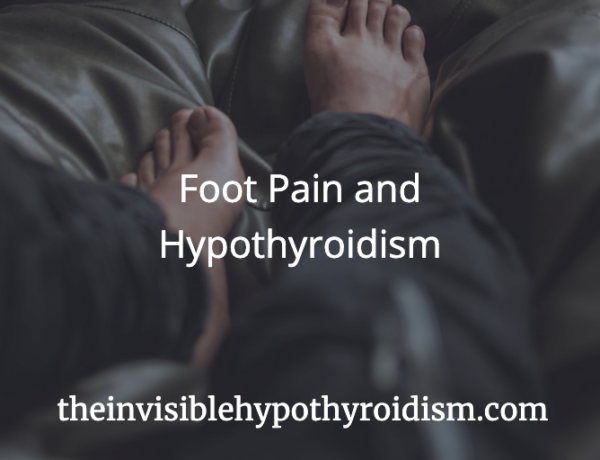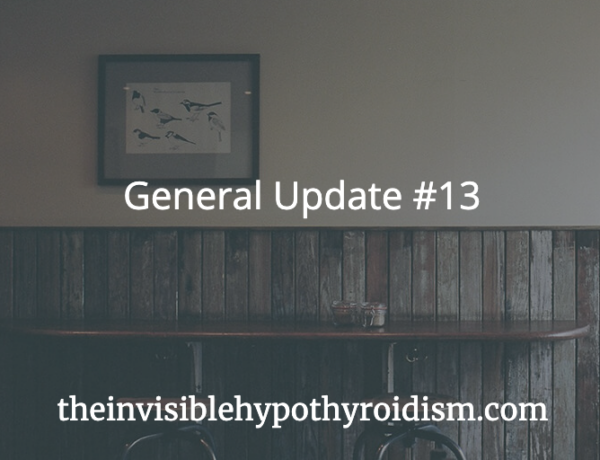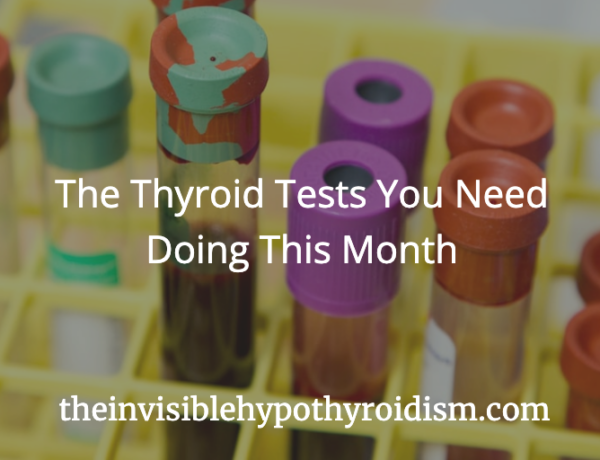Read the last blog in this series.
Last week, I briefly wrote about my distress over my worsening skin on my face, neck, chest and back. My current thoughts are that it’s being caused by low progesterone (oestrogen dominance). I also have really bad PMT and irregular periods, which point towards oestrogen dominance too.
My acne before going to the doctor.
I went to the GP who agreed that it looks like a sex hormone issue, but wanted me to have a pelvic ultrasound scan (to check for cysts – PCOS) and try some cystic acne cream (Epiduo) before actually testing my oestrogen and progesterone levels. I was really frustrated but said OK anyway; try the cream, have the scan, then hopefully he’ll test my levels. The above photos show what it was like before going to the doctor.
For a PCOS Blood Test, click here.
I’ve been using the cream from my doctor for five days, applying it at night and washing it off in the morning, and it’s only made my skin worse. I saw this coming… It’s gone from oily and acne prone to dried out, flaking, raw and itchy.
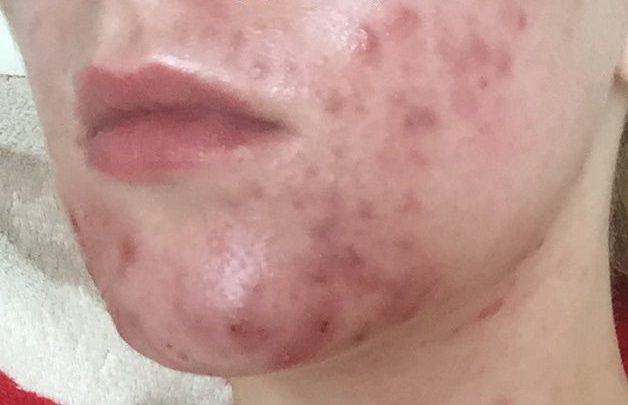
The acne after three days of using Epiduo (cystic acne cream).
Trying to cover it with makeup for work.
Not a good look and definitely not comfortable to live with. The side effects on the leaflet included with the cream explain that this is fairly common and that it usually subsides after a week or so, but it’s so painful and uncomfortable, that I’m not willing to risk anymore days using it, in the hopes that it will get better, when it could, heaven forbid, just keep getting worse.
I have prescription moisturisers like Epaderm and Diprobase, but they’re not doing an awful lot. I’m applying them religiously now to try and improve the skin. My chest and back seem to be fine but I’m not using the Epiduo on those areas either now.
I did have a brief two days where, before my skin dried out like a one hundred year old raisin, I was able to cover the spots almost perfectly with make up. Now, any make up looks caked, dry, crusty and doesn’t last long as my skin is literally peeling away on my face all day.. not a good look. It also feels icky on my skin and I’ve never been keen on wearing loads of make up anyway. I just don’t feel professional at work with so much acne.
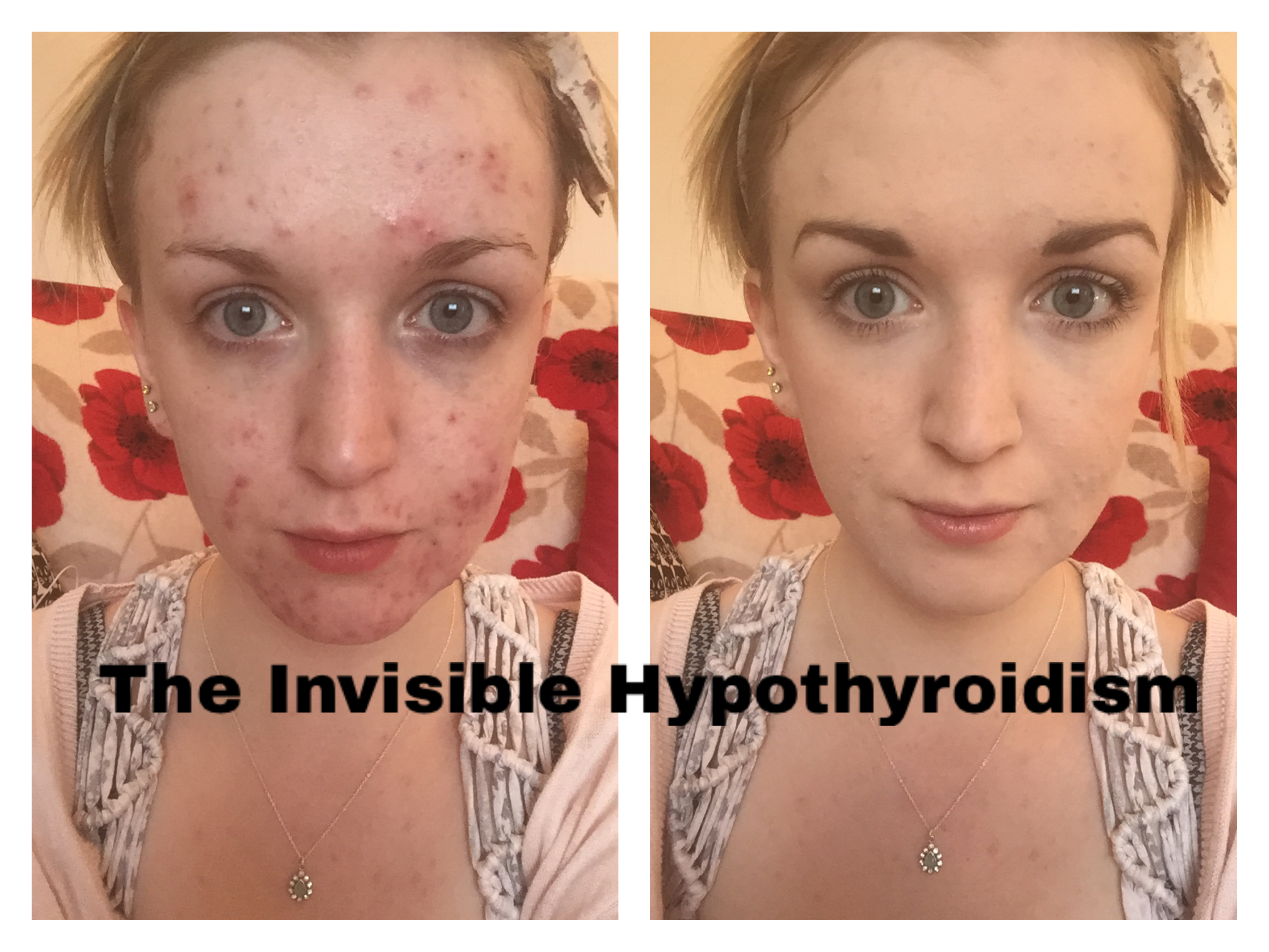
Having to try to use make up to cover it, which takes a good hour and countless makeup products. I hate the feel of it on my skin and would prefer to not wear it.
I’m less than impressed.
People have told me that using make up only makes the acne worse, but I’ve gone without makeup all my life until now and it’s made no difference whatsoever. I’ve still developed this acne! I also go without make up over the weekends and my skin only gets worse and worse. So I’d rather wear it and feel more comfortable about it.
I just wish conventional doctors would have the approach of wanting to treat the cause of the symptoms, and not just the symptoms, like my GP is attempting with this cream. Not only do I feel massively self conscious and embarrassed by this acne on my face, but I’m also in constant pain from the itching and throbbing of it, now coupled with peeling, burning and excessively dried-out skin.
I’ve been to two pharmacies today to get opinions and both said to stop using the Epiduo immediately. Apparently this kind of reaction happens to a few in every one hundred users, especially those with a history of sensitive skin… me.
I am at the end of my tether. I just want my sex hormone levels tested so that I confirm if it is a sex hormone thing.
Do remember that you can keep up to date with my personal health journey via Instagram. My Instagram is updated with realtime updates and you’ll be able to follow along as and when everything happens over there!
Read the next blog in this series.

